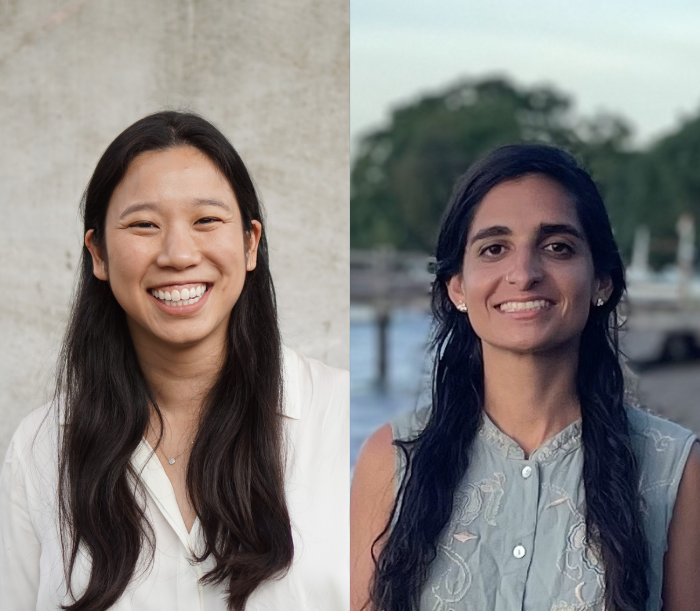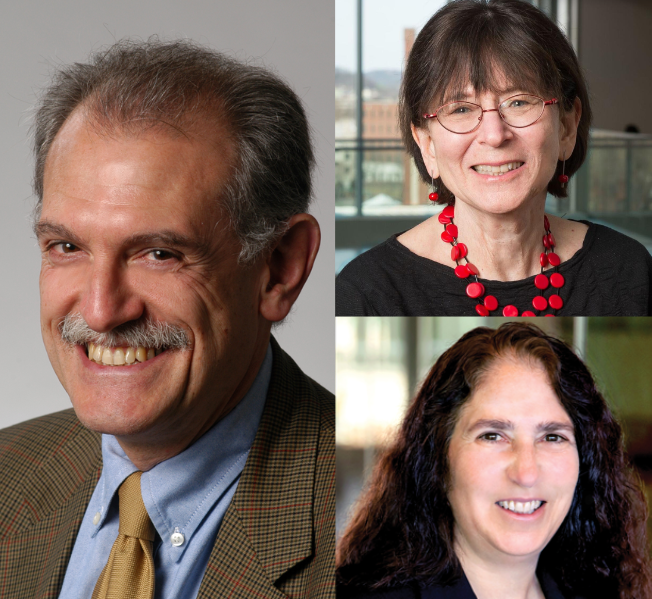
May 3, 2024
Irene Chen and Preeya Khanna win Google Research Scholar Awards
EECS Assistant Professors Irene Chen and Preeya Khanna are recipients of Google Research Scholar Awards. The program aims to support early-career professors and provides recipients with up to $60,000 in funding to support world-class research. Of the four UC Berkeley recipients this year, Chen and Khanna were honored for their…








